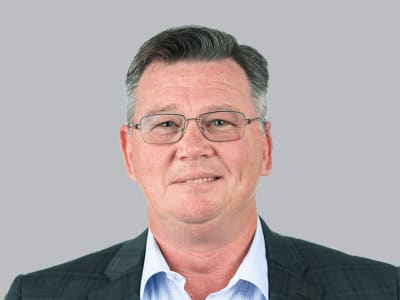We recently wrote about issues surrounding the National Disability Insurance Scheme (NDIS), which have become an increasing concern for those operating in the sector.
Growing costs have led to intensifying discussions about the sustainability of the system, with speculation that supports could be reduced as a means of reversing this trend.
Looking at the situation holistically though, there may be challenges that reach far deeper than the scheme’s overall costs. For instance, the increase in authentic NDIS providers who are struggling financially is worrying. While the government deals with reported cases of individuals exploiting the system for profit, there are a growing number of providers who take a more conscientious approach but seem also to be reaping the opposite rewards.
This is absolutely not to say that an NDIS provider that is doing well is engaging in dishonest practices. There are many, especially those that receive endowments, that are entirely ethical and whose robust business practices are the key to their ongoing success.
Yet for others, the path to sustainability is more complex than ever before. There appears to be a constant struggle between doing well by clients and making enough money to cover operating expenses – be they wages, super, admin, travel, tax and so on.
Recognising financial stress
Adam Cormack, business transformation expert in RSM’s Restructuring and Recovery division, says insolvencies have risen sharply over the past few years and non-profit organisations are certainly not immune.
“There are a lot of businesses struggling right now due to increased operating costs. Non-profits also have the burden of regulatory changes, such as staff-to-client ratio requirements, as well as being in a sector where mounting cost of living pressures may be especially felt by the clients who rely on their services.
“Quite often, signs of financial stress will present slowly such as being unable to pay a tax bill on time. But they can quickly go into a downward spiral and impact the ability to pay superannuation, supplier invoices, and ultimately staff wages.”For any NDIS provider that is experiencing financial stress, Adam recommends speaking with a restructuring and recovery specialist as soon as possible.
“If you seek advice early on, you maximise the potential options available to help the business recover. On the flip side, if you wait in the hope that they will somehow go away and yet they get worse, your options become limited to the point where insolvency may be the only viable option.”
When it comes to avoiding the downward spiral of financial stress, there are specific steps that any NDIS provider can take. Most critical is to take stock of how you operate and charge for services rendered. You’ll often find that seemingly insignificant flaws in your practices or processes are causing more of a problem than you realise.
For example, we commonly see circumstances where well-meaning workers feel guilty charging clients for the full amount of their time, especially for simple or minor activities. However, they also don’t realise that they are still being paid for this time and the financial result of many of these combined instances can have a serious impact on the organisation.
Staff need to understand that it would be a far greater inconvenience for their clients to have the business close than to pay for the full extent of the services provided. It’s small instances such as these that should be a focal point for business leaders seeking to achieve more sustainable financial outcomes.
Getting help early on
You don’t need to wait until your organisation is in financial distress before engaging an advisor. At RSM, our National Health team has extensive experience working with NDIS providers to assist with:
- cashflow
- financial benchmarking
- process reviews
- strategic planning
Our vast breadth and depth of knowledge enables us to look objectively at your operational and financial models, and make recommendations to improve the health and efficiency of your organisation as a whole.
To speak directly with Peter Nicol, RSM’s National Director of Medical, please call (02) 6057 3000.
If you are concerned about your business or are feeling the financial strain, please contact Adam Cormack on 02 6217 0300






